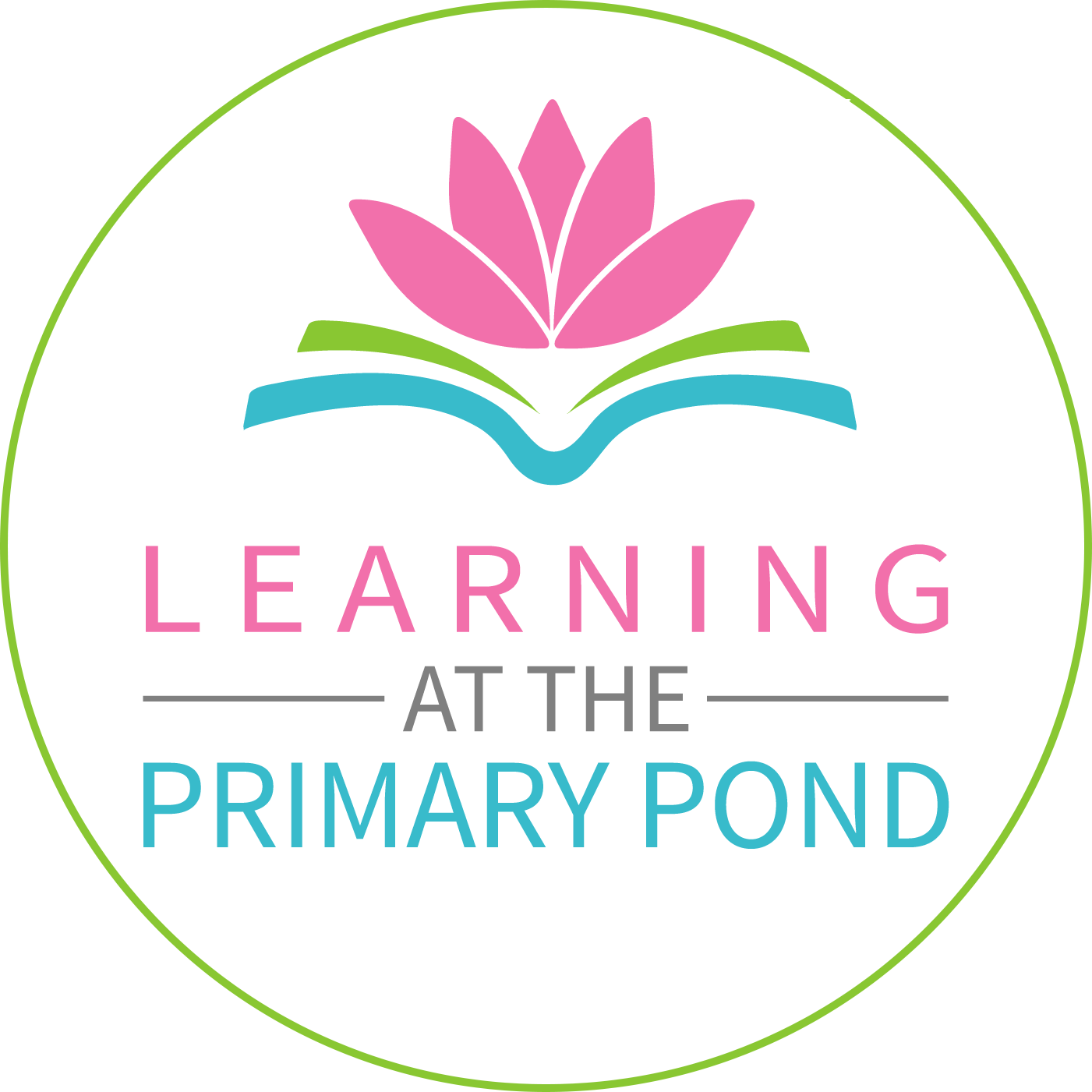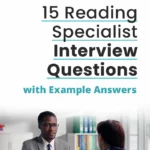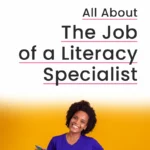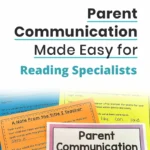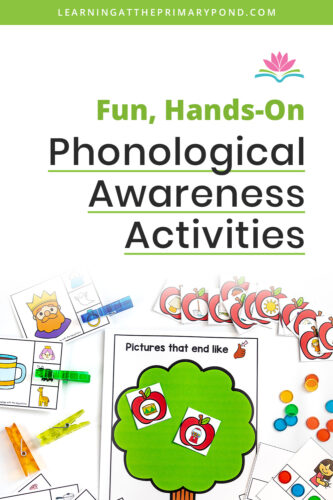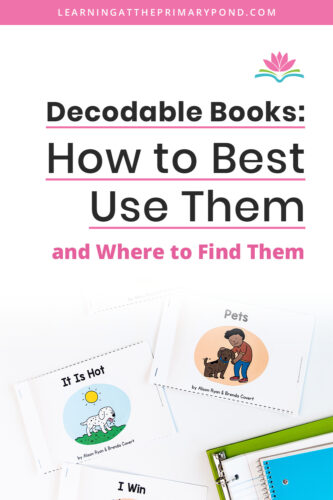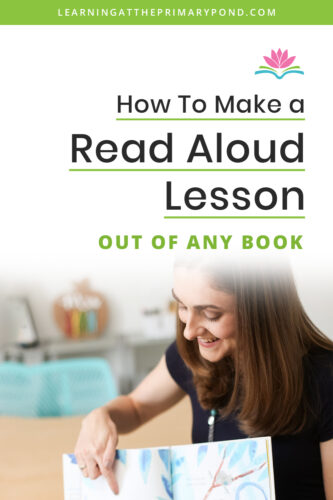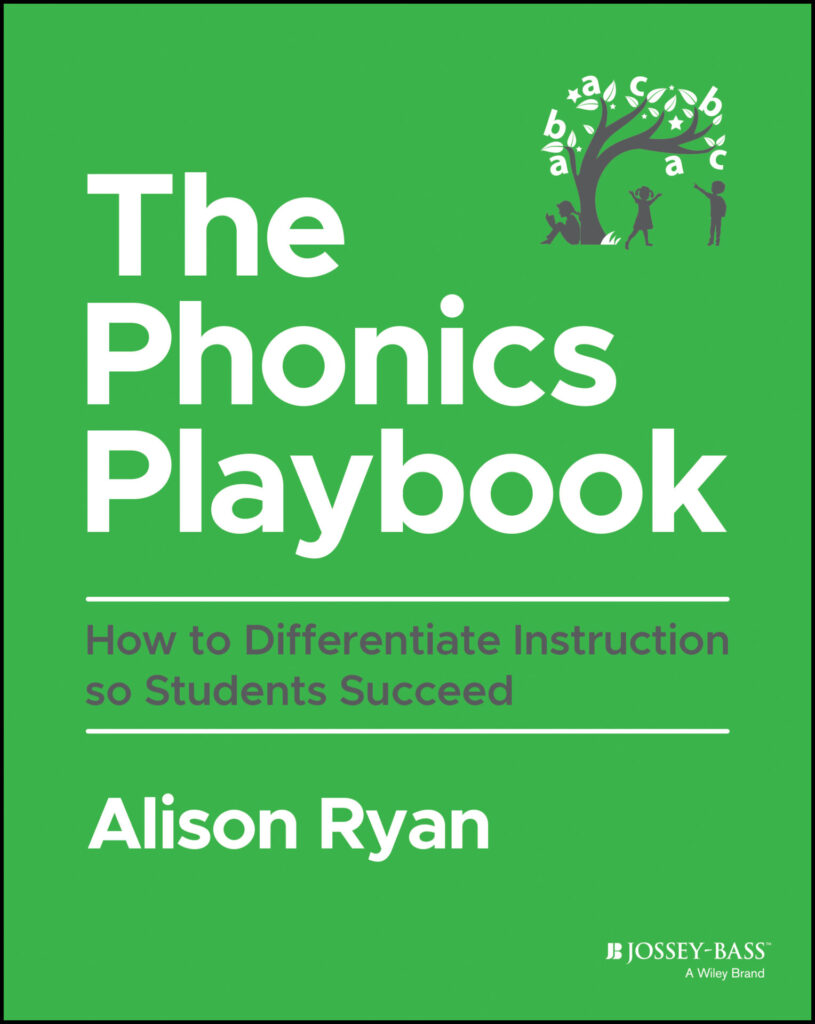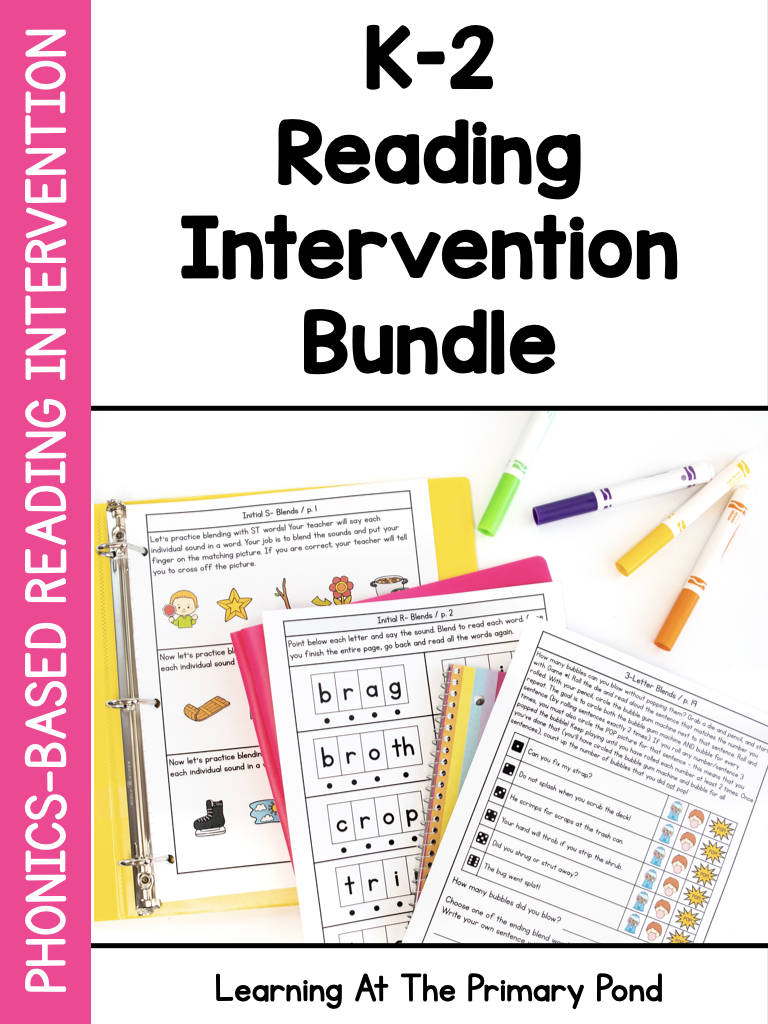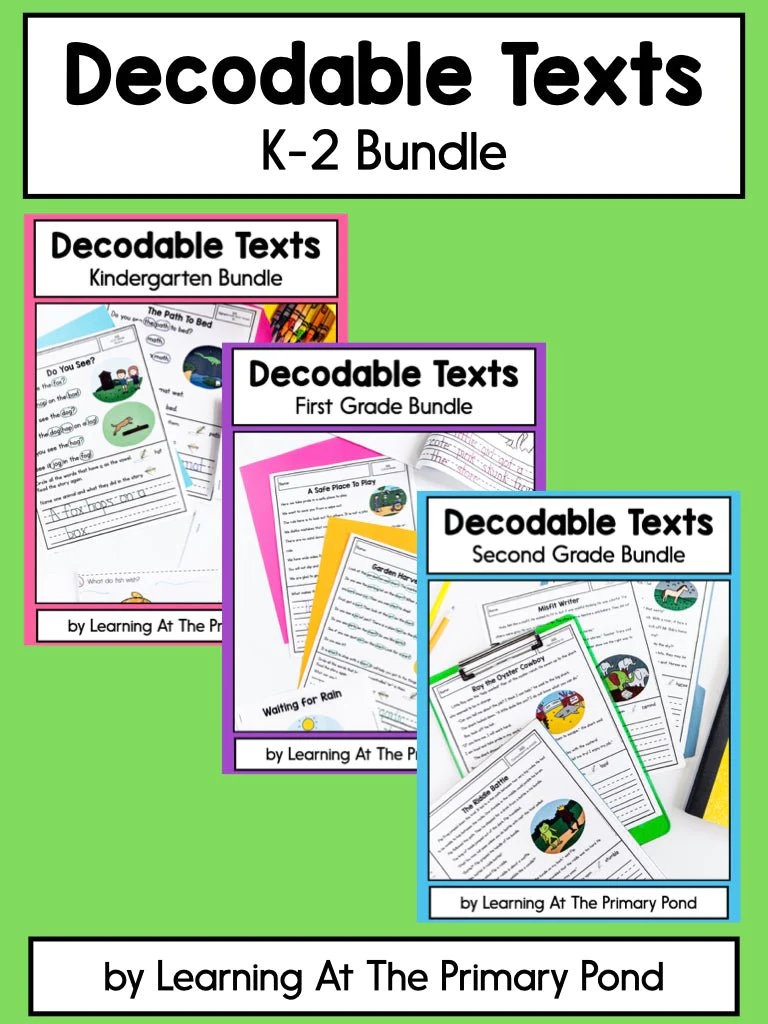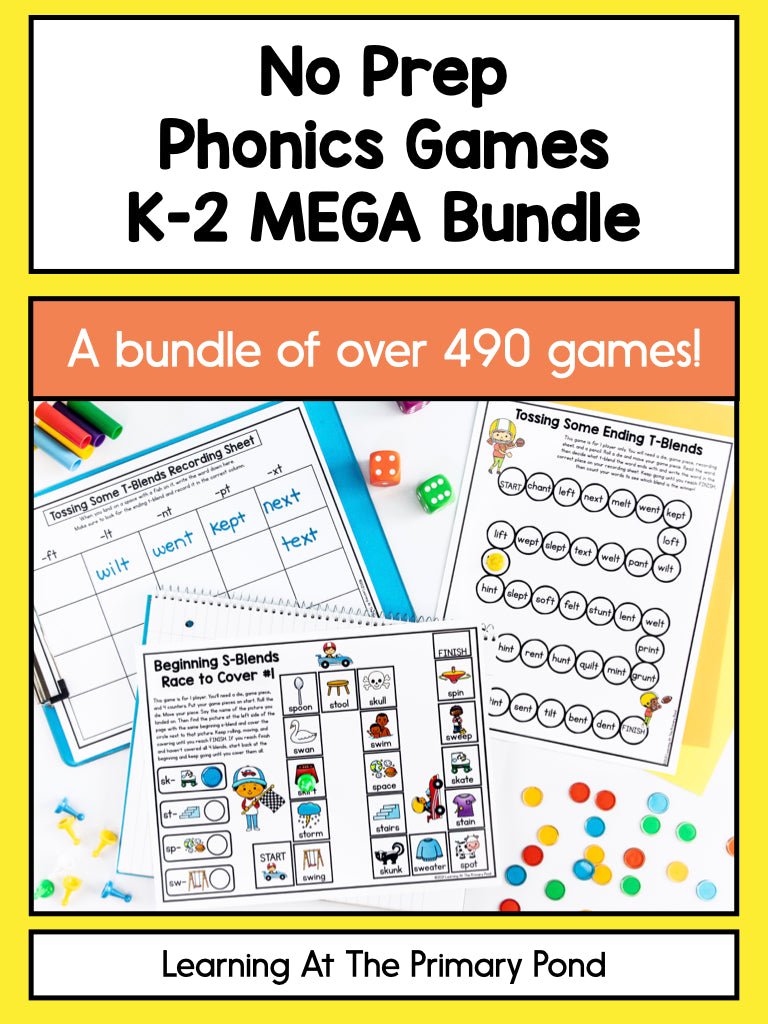Have you ever considered becoming a reading specialist? Or wondered what exactly a reading specialist does? In this post, I’ll share a complete picture of how to become a reading specialist, as well as what I absolutely love about this job!
Before we dive in, however, I want to offer you my A to Z Guide to Becoming a Reading Specialist. This is a free PDF that includes all the information from this post, reading specialist interview questions and sample answers, AND my favorite websites and recommended resources for becoming and working as a reading specialist.
Grab the A to Z Guide to Becoming a Reading Specialist for free here!
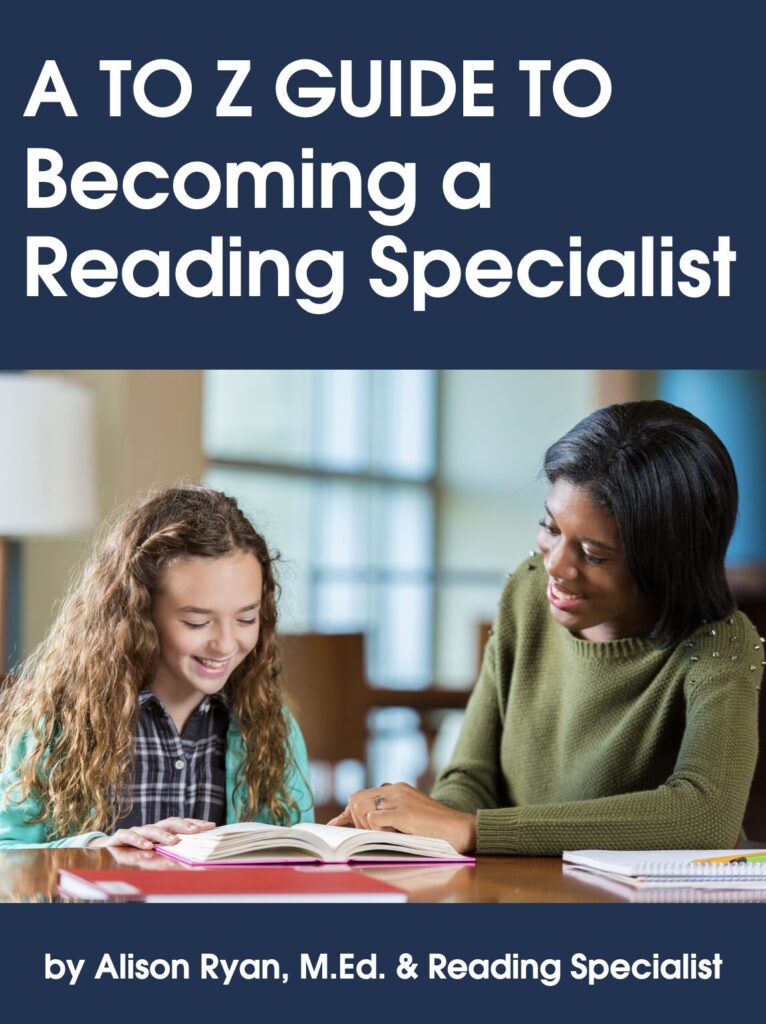
Importance of Literacy in Education
Your career in education may take a straightforward path (e.g. classroom teacher for life!), or you may decide that you’d like to pursue a few different roles. Either option is wonderful and will allow you to make a huge impact on students!
As a classroom teacher or even aspiring teacher, you might already have an idea of an area you want to eventually specialize in. Literacy is, hands-down, one of the most important elements of our education system–and the way in which we teach it is currently under scrutiny AND making huge improvements.
Students need to be able to read and write to be successful in almost any content area, and the foundation of their education in literacy needs to be strong enough to support them throughout their years in school and beyond. The pandemic brought about new challenges for us as educators, and as we navigate these challenges, we are once again realizing the importance of a solid foundation in literacy.
So if you choose the role of a reading specialist, you will absolutely have a huge impact on students’ academic success and future!

What’s a Reading Specialist?
A reading specialist is an expert in best practices in literacy, who serves as both a guide and support as a school building works toward growing proficient readers.
That said, the reality is that the role of a reading specialist can vary significantly from school to school. Some reading specialists only work with students who are below-level in reading (typically in small groups). Some reading specialists serve as an instructional literacy coach for teachers. Some reading specialists have curriculum-related responsibilities. And some reading specialists do a little bit of all of the above!
Here are a few more examples of potential responsibilities you might have as a reading specialist:
- A reading specialist may be asked to lead professional development for teachers in best literacy practices. You might share effective instructional strategies to support students’ development of literacy knowledge and skills.
- When it’s time to assess students, a reading specialist may lead classroom teachers in administering assessments, and in analyzing the data. In some buildings, a reading specialist actually assesses all the students (often with the help of other reading specialists or teachers).
- When a school district rolls out literacy curriculum, reading specialists may take charge of successful implementation of the curriculum in classrooms.
- If literacy curriculum has been in place for a while, the reading specialist may be asked to evaluate its efficacy. By talking with teachers and perhaps observing in classrooms, you’ll seek to find out if students are engaging in meaningful and effective learning opportunities in reading and writing. If the curriculum isn’t a good fit, you may be asked to research other options to ensure that all students have access to high-quality literacy instruction.
- A reading specialist may be asked to help align curriculum resources to state standards.
That’s a lot of different responsibilities, right? And that’s not even an exhaustive list! Of course, these are all just options – you won’t necessarily have all of these jobs in your role.
When you’re eventually interviewing for the role of a reading specialist, make sure to ask questions so you’re clear on what will be expected of you in your new position. (Speaking of interviewing, don’t forget to download my A to Z Guide to Becoming a Reading Specialist. It includes a list of common questions that reading specialists get asked in interviews, plus sample answers!)
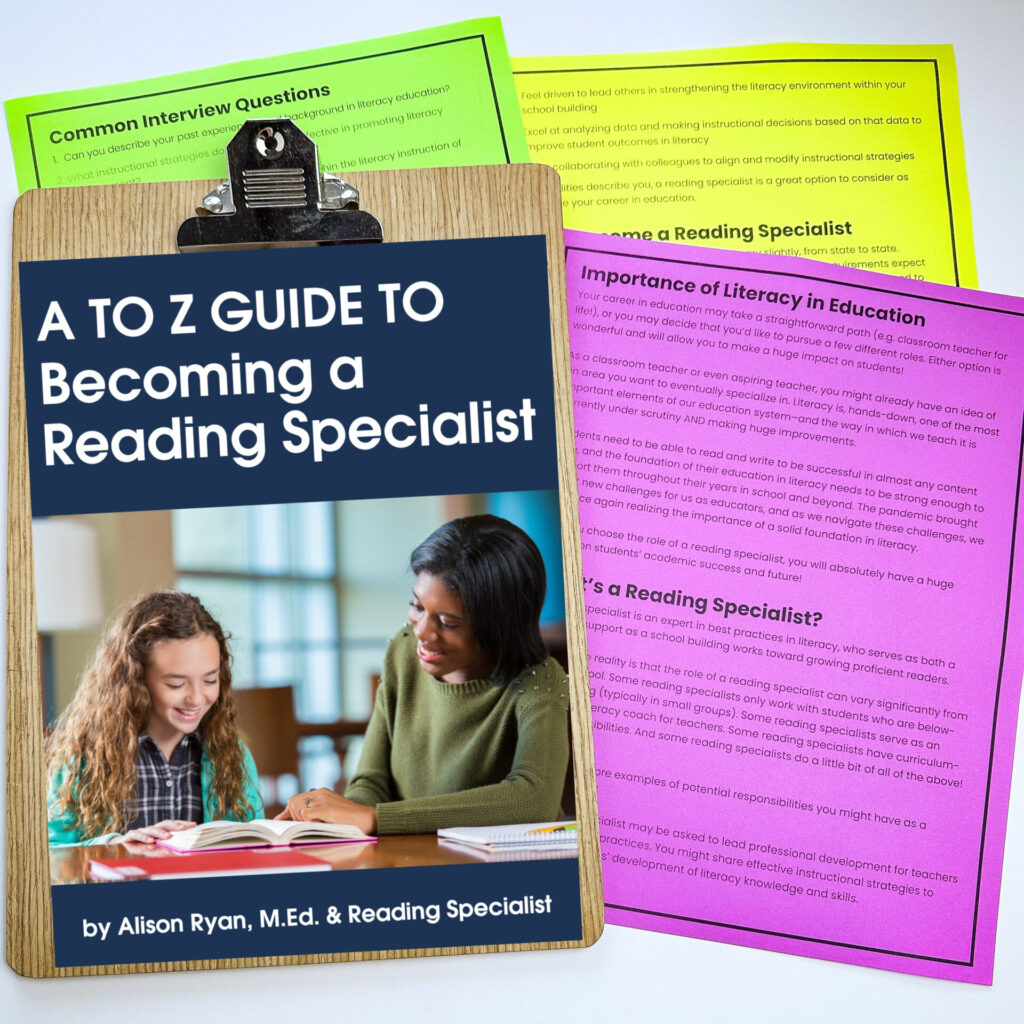
Is The Job of a Reading Specialist Right for Me?
Reading specialists have the opportunity to have a huge impact on student achievement in literacy! If this sounds appealing to you, becoming a reading specialist might be a good fit.
You may also want to consider becoming a reading specialist if you:
- Have experience and success working with struggling readers who need additional instruction and intervention to master literacy skills
- Enjoy researching best practices and learning about national literacy trends
- Feel driven to lead others in strengthening the literacy environment within your school building
- Excel at analyzing data and making instructional decisions based on that data to improve student outcomes in literacy
- Enjoy collaborating with colleagues to align and modify instructional strategies
If these qualities describe you, a reading specialist is a great option to consider as you advance your career in education.
How to Become a Reading Specialist
The path to becoming a reading specialist will vary slightly, from state to state. Usually, it requires an advanced degree in literacy. Some state requirements expect educators to obtain a full Master’s Degree, while others don’t. You may also need to pass a test, like the Praxis, and submit the results for official licensure in your state. Again, this varies somewhat, so always research your particular state, province, or region’s requirements.
In this section, I’ll share some important things to know and what you can expect as you pursue your advanced degree and certification. (By the way, I know this is a lot of information – so if you haven’t downloaded my A to Z Guide to Becoming a Reading Specialist, go ahead and do that now so you can come back to this later, plus access bonus goodies!)
Educational Requirements
A bachelor’s degree in education (and sometimes classroom teaching experience) is almost always required before you can begin to pursue a reading specialist certification.
If you’re already a certified teacher, then you’ve successfully obtained your teaching license and completed your undergraduate degree and foundational education requirements. In this case, you already have a solid foundation for building your expertise in literacy, so your next step is to choose a reading specialist program.
The first decision you’ll need to make is what type of graduate program to pursue (this could be a graduate certificate or a Master’s degree – again, depends on your region’s requirements). Consider the following before selecting a program:
- Are you located near a college or university with a campus you could attend in-person, or will a program with online courses be a better fit for you?
- Do you work better with designated class times and weekly meetings, or would you prefer an asynchronous program in which you can work through at your own pace?
- How much time can you realistically dedicate to coursework during the school year? Most programs cater to educators who work full time, but it’s important to consider how many classes you might want to enroll in at a time and how much work is a reasonable amount for you.
- Do you think you’ll eventually want to work at the administrative level or pursue educational leadership? Some programs offer leadership courses in tandem with literacy training–so keep this in mind if it’s a goal of yours!
Whichever route you end up taking, you can count on engaging in courses with some of the content described in the next section.
Coursework to Become a Reading Specialist
Literacy Fundamentals
Since a reading specialist certification is usually a graduate-level certification, you can expect to do quite a bit of digging into research. The basis of your program will provide you with the background knowledge and theory surrounding literacy development and foundational skills. You’ll spend time analyzing children’s literature, determining best practices for literacy-rich environments, and learning about how children develop reading skills. As a reading specialist, you’re going to be the expert in this field, and this coursework will supply you with the knowledge you need to be able to answer the questions of your colleagues and justify decisions that you make in regard to curriculum, intervention, and assessments.
Curriculum and Instruction
Curriculum and Instruction will be a major component of the core courses of your program of study. You’ll learn how to assess curricula for effectiveness, plus learn differentiation strategies for exceptional learners, struggling readers and writers, students with special needs, and ELL students. You can expect to have coursework that covers different interventions, as well as requirements that you practice implementing with actual students.
You’ll be taught best practices and literacy strategies in reading and writing instruction, and learn where and how to research new trends and strategies that are aligned with the Science of Reading. This coursework will set you up to ensure you have the most up-to-date and relevant knowledge of literacy. You’ll gain awareness about whether or not the most effective literacy strategies are happening within your school.
Literacy Assessment and Diagnostic
As a literacy specialist, you’re going to need to have knowledge of different types of reading and writing assessments and how to administer them. You’ll need to know how to diagnose areas of skill deficits and, when appropriate, accurately determine students’ reading levels.
Learning about a wide variety of assessments, including when and how to give specific ones, is an essential part of the coursework you’ll need to take as you work toward your reading specialist certification. There will likely be an element of practicing giving assessments, as being adept at administering, scoring, and analyzing them will become a prime component of your role as a reading specialist.
Relevant Experience and Portfolio Building
As you work through your reading specialist certification, you’ll want to make sure you are compiling a portfolio of your work. You’ll eventually be asked to highlight your learning, whether it’s for completion of your program or for finding a job. So keeping an organized record of your best work as you move through your program will be extremely helpful.
You can expect to take part in some sort of clinical practice or field-based experience before you complete your program. While requirements may vary from program to program, you’ll need some experience with students beyond your capacity as a classroom teacher.
You can expect to participate in some of the following:
- Working with struggling readers and writers
- Sharing best practices in literacy instruction with colleagues
- Completing a case study analysis of a struggling reader
- Working with a mentor reading specialist to shadow and share in their day to day responsibilities
As you work through your program, your philosophy of teaching and understandings about literacy instruction will shift as you are exposed to new ideas and practices. As your approach to teaching becomes more specialized, you’ll become more capable of both teaching struggling readers, as well as taking on a leadership role to model high-quality literacy instruction for your colleagues.
Once your reading specialist degree or certification program is complete, you may need to take an additional certification test and pursue licensure in your region.

Prepare to Become a Lifelong Learner!
Becoming a reading specialist is a great next step for teachers who have a passion for literacy instruction. The need for effective reading specialists is high right now, as schools and districts transition their methodology to be more aligned with the Science of Reading.
One of the greatest advantages of pursuing a reading specialist certification is you’ll be improving your practice as you work through your program. With each course you take, you’ll find some way to implement new instructional strategies into your teaching, and your impact as a reading specialist will begin within your classroom setting before you even complete your certification process!
And even after you finish your program, your learning won’t be finished! Part of being an excellent reading specialist is to stay up-to-date on highly effective practices and the latest research trends and updates.
If you’d like to make staying up-to-date and continuing your learning easy on yourself, consider joining my Reading Intervention Collaborative membership. This is a professional development and coaching program that will help you become a literacy expert! (The RIC is not a master’s degree program, but is very helpful and teacher-friendly, so it goes well alongside a master’s program or for when you complete your program and need to continue your professional learning.)
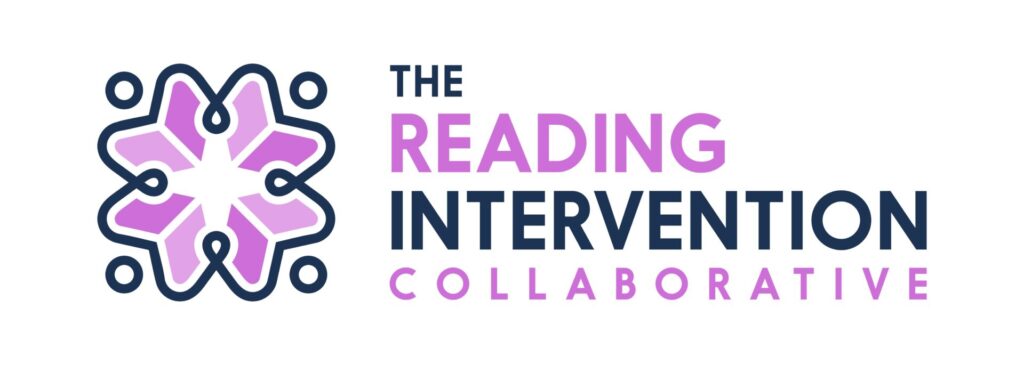
What I Love About Being a Reading Specialist
I have been a reading specialist for years, and it’s been one of the best decisions that I’ve made. I’ve used my degree in jobs that involved reading intervention, literacy coaching, and even being a Director of Curriculum & Instruction.
To me, there’s nothing that “fills my cup” more than helping a child who’s struggling with reading become a successful, confident reader. It’s my passion, and I absolutely recommend this job to anyone who thinks they’d be a good fit.
I hope this post was helpful to you! If you’d like the information in a PDF that you can save, please download my A to Z Guide to Becoming a Reading Specialist. The free PDF also includes example questions you might be asked during a reading specialist interview, plus my favorite websites to support you in your journey to become a reading specialist and in your future job.
Grab it here!
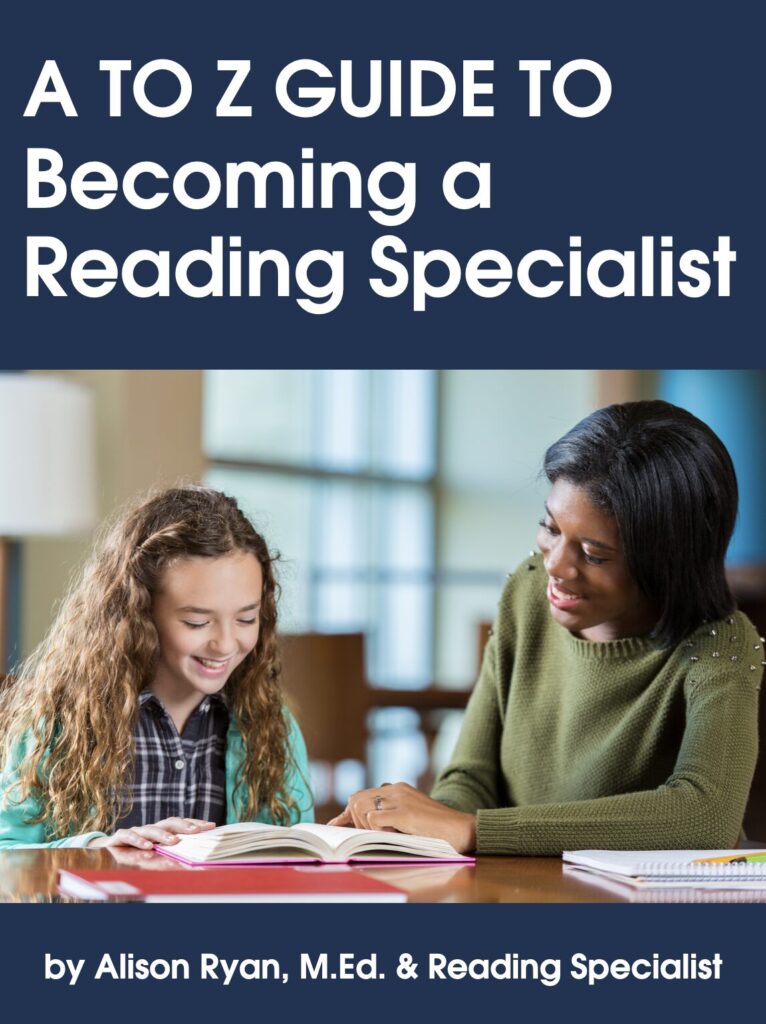
Please let me know if you have any questions about anything I’ve shared here! If you want to save this post for later, here’s an image you can pin to your Pinterest account:
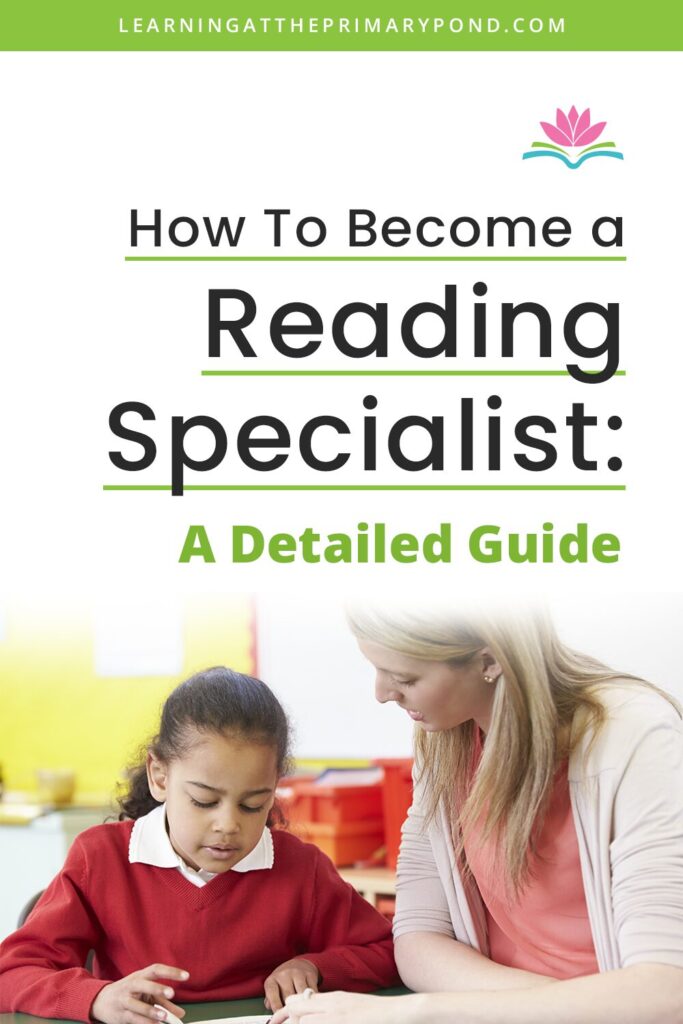
=
